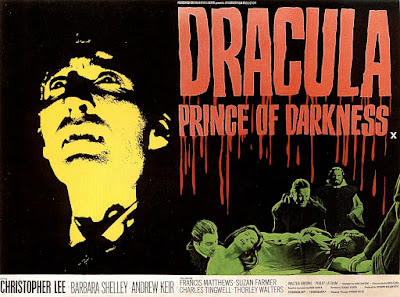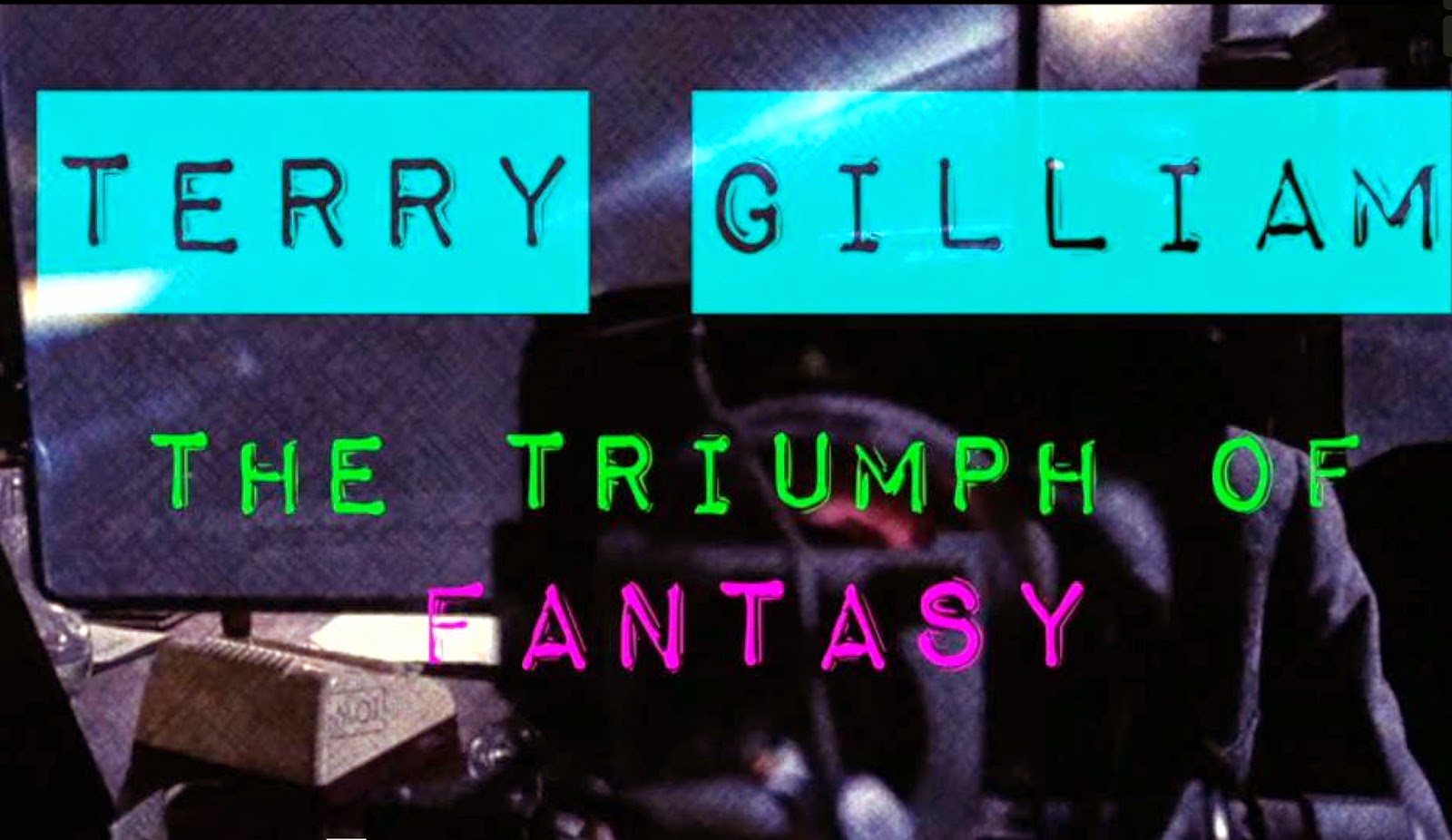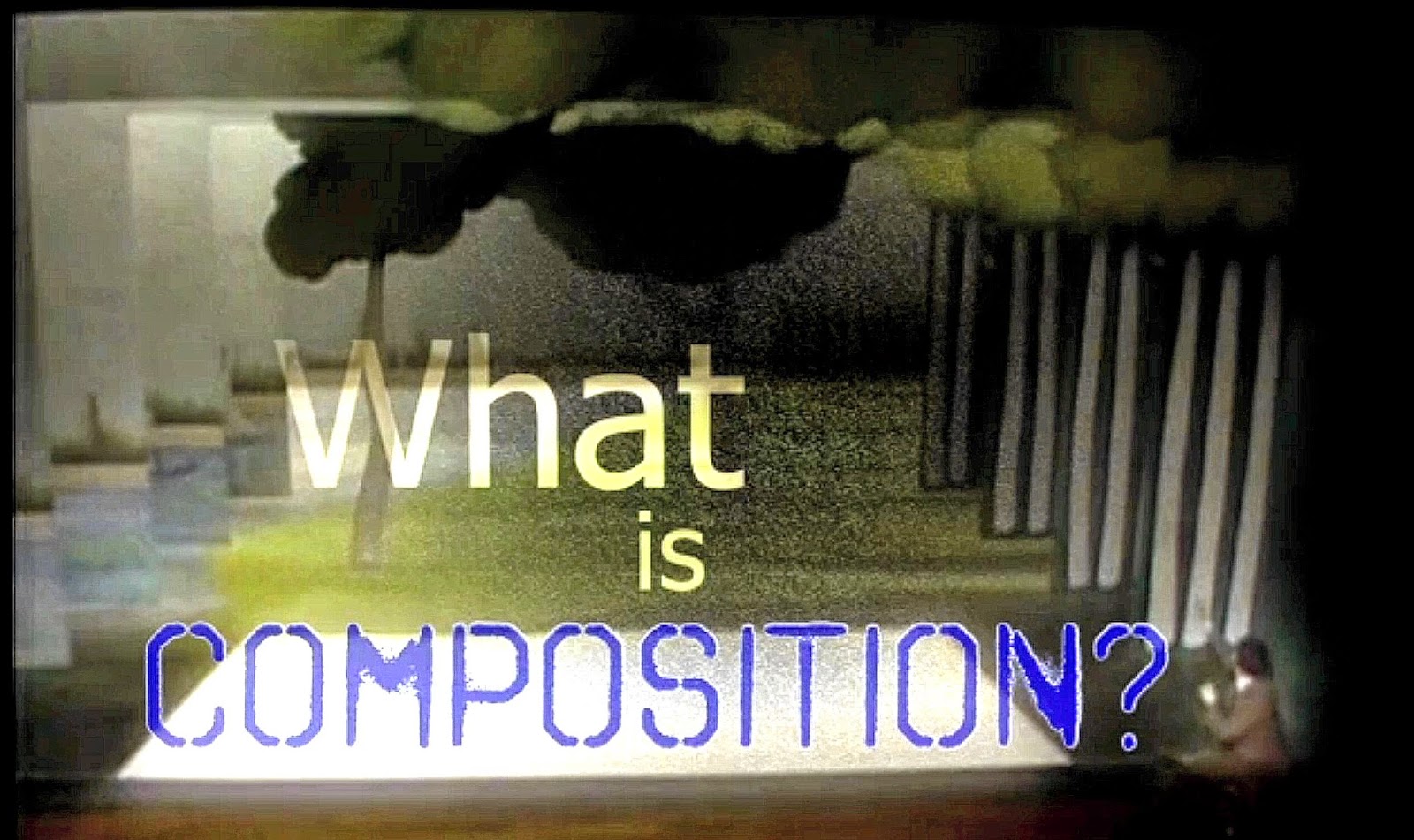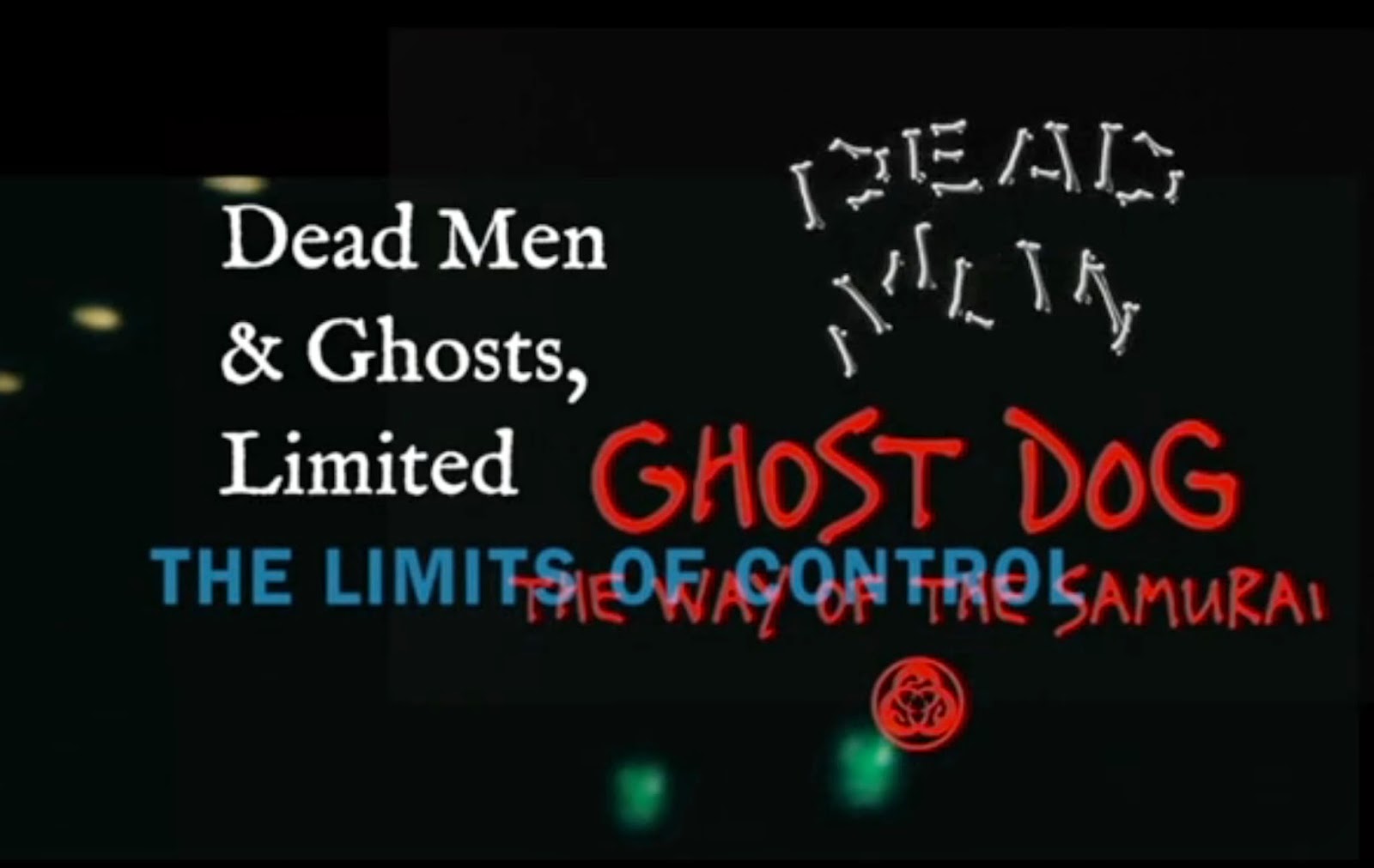new posts in all blogs
Viewing: Blog Posts Tagged with: video essays, Most Recent at Top [Help]
Results 1 - 16 of 16
How to use this Page
You are viewing the most recent posts tagged with the words: video essays in the JacketFlap blog reader. What is a tag? Think of a tag as a keyword or category label. Tags can both help you find posts on JacketFlap.com as well as provide an easy way for you to "remember" and classify posts for later recall. Try adding a tag yourself by clicking "Add a tag" below a post's header. Scroll down through the list of Recent Posts in the left column and click on a post title that sounds interesting. You can view all posts from a specific blog by clicking the Blog name in the right column, or you can click a 'More Posts from this Blog' link in any individual post.
.jpg?picon=160)
By: Matthew Cheney,
on 6/15/2015
Blog:
The Mumpsimus
(
Login to Add to MyJacketFlap)
JacketFlap tags:
Obituaries,
Movies,
film,
horror,
Cheney publications,
video,
actors,
Christopher Lee,
video essays,
Press Play,
Add a tag
Over at Press Play, I have
a brief text essay about and a video tribute to Christopher Lee, who died on June 7 at the age of 93. Here's the opening of the essay:
Christopher Lee was the definitive working actor. His career was long, and he appeared in more films than any major performer in the English-speaking world — over 250. What distinguishes him, though, and should make him a role model for anyone seeking a life on stage or screen, is not that he worked so much but that he worked so well. He took that work seriously as both job and art, even in the lightest or most ridiculous roles, and he gave far better, more committed performances than many, if not most, of his films deserved.
Read and view more at Press Play.
Press Play has now posted my latest video essay,
"Terry Gilliam: The Triumph of Fantasy". It also has a short text essay to accompany it. Here's how that one begins:
In a 1988 interview with David Morgan for Sight and Sound, Terry Gilliam proposed that the most common theme of his movies had been fantasy vs. reality, and that, after the not-entirely-happy endings of Time Bandits and Brazil, The Adventures of Baron Munchausen offered the happiness previously denied, a happiness made possible by “the triumph of fantasy”.
That triumph is not, though, inherently happy. Gilliam’s occasional happy endings are not so much triumphs of fantasy as they are triumphs of a certain tone. They are the endings that fit the style and subject matter of those particular films. More often than not, his endings are more ambiguous, but fantasy still triumphs. Even poor Sam Lowry in Brazil gets to fly away into permanent delusion. Fantasy is sometimes a torment for Gilliam’s characters, but it is a torment only in that it is haunted by reality, and reality in Gilliam is a land of pain, injustice, and, perhaps worst of all, ordinariness.
Read and view more...
My latest video essay is now available at Press Play. It's the first in a new series by various hands on cinematic terminology. My term was "composition", and so I made an essay creatively titled,
"What Is Composition?"
.jpg?picon=160)
By: Matthew Cheney,
on 7/18/2014
Blog:
The Mumpsimus
(
Login to Add to MyJacketFlap)
JacketFlap tags:
Movies,
film,
Cheney publications,
apocalypse,
race,
Joon-ho Bong,
white supremacy,
video essays,
Press Play,
Add a tag
Press Play has now posted
my new video essay with a brief accompanying text essay about the great new science fiction action movie political parable satire call to revolution
Snowpiercer, directed by Bong Joon-Ho, a filmmaker I am especially enamored of. (
Memories of Murder is easily among my favorite movies of the last 15 years
, and back in 2010
I defended Bong's previous film, Mother, from the criticisms of Richard Brody at the
New Yorker.)
As a little bit of extra, below the fold here I'll put some thoughts on elements of the remarkable ending of the film...
First, for some information on the background and references of
Snowpiercer, see
Scott Tafoya's piece at RogerEbert.com, and for a good analysis of the revolutionary ideology of the film, see
"Smash the Engine" by Peter Frase at Jacobin.
The audacity I see in the ending of
Snowpiercer comes not just from its framing of revolution as something that must smash the logic of the system, but also from the way it shows that system to be not just hierarchical in terms of class, but of also being fundamentally racialized.
First, there is the inescapable fact that most of the people who have been saved from the apocalypse are white and English speaking. Even the people at the back of the train, though more diverse than the people in the front, are predominantly white and English speakers. All of the positions of highest power in the train are positions held by white English speakers, and the ultimate positions of power are held by white men and passed on to white men (Wilford to Curtis).
As Curtis moves closer and closer to the front, the white supremacy becomes obvious. There's the classroom, where the vast majority of students are very white (and often blonde), with a few Asians in there (the pre-apocalypse notion of Asians as educational high achievers is thus replicated in the train), and one black girl (at least that I saw). The overall effect is of lily-whiteness, with a few special people added.
The people at the dance party are almost entirely white.
The people who apparently stepped out of The Great Gatsby are white.
The women getting their hair styled are white.
It's worth noting, too, how so much of what we see in the front cars evokes the old white world, a world of the 1920s-1950s — an America before the successes of the civil rights movement, of women's liberation struggles, of gay liberation, etc. (The car where everyone is taking drugs evokes even earlier ideas. It's like an opium den, a powerful force in the orientalist imagination of the yellow peril in the 19th and early 20th centuries, and a setting with plenty of
cinematic history.)
Early in the film, Curtis tells Edgar that once
they get to the front of the train, things will be different. "But
how different, really?" the film asks at the end. "Know your place!" Mason (Tilda Swinton) tells the rabble. Curtis learns what his place is from Wilford: the place of the white patriarch.
That system cannot be reformed. It will do no good to have somebody else in charge of the engine. The logic of the system must not be reformed, it must be defied and destroyed.
And thus the ending, which stops the train's circular journey and potentially annihilates the last remnants of humanity.
The system is so corrupt, so incapable of reform, that what is known to be left of humans is worth destroying rather than continuing along the same tracks.
If there is to be a future for humanity, it looks like this, the new Adam and Eve:
They might be destroyed by the cold, white world. They might be a meal for the white polar bear. But maybe, somehow, they will survive and discover or create a new world, a world where humans are on a different journey, subject to a different system, not oppressed by the cold, unbearable whiteness.
Bong leaves it to us to imagine their fate.
As the silence around here indicates, I've been tremendously busy the past few weeks. One project I managed to complete was a new video essay, this one about Jim Jarmusch's films
Dead Man, Ghost Dog, and
The Limits of Control.
It's now available at Press Play, along with a brief introduction.
Over at Press Play, I have
a video essay and accompanying text essay on the first films of Rainer Werner Fassbinder, the best of which were recently released in the US by Criterion
as part of the Eclipse series.
It's a great shame that most of Fassbinder's films are not easily available on DVD in the US anymore. Criterion has done great work bringing some of them to us, though they've also had some go out of print. Many are available for streaming at
Hulu Plus, thankfully. I'm holding out a bit of optimistic hope for a companion Eclipse set:
Late Fassbinder, which could include
Lili Marleen and
Querelle. Or maybe for a release of
Eight Hours Are Not a Day. Or ... well, a boy can dream...
Read the rest of this post
I have a new video essay and a new text essay up at Press Play looking at Clint Eastwood's movies, called "The Ends of Violence: The Conclusions of Clint Eastwood". The text essay also contains links to two previous video essays I made on Eastwood, "Outlaw: Josey Wales" and "Vigilante Man: Eastwood and Gran Torino".
Until recently, I hadn't given much thought to how many interesting movies were released in (or around) the year I was born,
1975. The 1970s were a particularly good decade for cinematic innovation, so I expect you could pick just about any year and find similar quality and resonances, but I'm going to continue to pretend that 1975 was especially special. Because for me it was where it all began.
Over at Press Play, there's a new video essay by Nelson Carvajal accompanied by a new text essay by me, all about Werner Herzog, under the general title "The Mystery of Werner Herzog".
I wrote up a draft of what was going to be a blog post about Wes Anderson's 2007 movie The Darjeeling Limited, but then decided it might be fun to turn it into a video essay instead. And so "A Train Between Worlds: The Darjeeling Limited" was born. Because the narration was originally going to be a blog post, the video is a bit text-heavy — it clearly didn't need to be a video per se, but I think it's more enjoyable in that form, especially because I could include various songs from the film's soundtrack (many of which were taken from other movies' soundtracks). For reference, the entire narration is available on the video's Vimeo page, and I'll paste it below the cut here.
The Darjeeling Limited has been one of Anderson's least popular and least critically lauded movies, but up until this year's Moonrise Kingdom, I thought it was his most accomplished and satisfying. I like all his movies a lot, but my taste is weird — where most people seem to find Rushmore, The Royal Tenenbaums, and The Fantastic Mr. Fox the most satisfying, I'd rank Darjeeling Limited and The Life Aquatic with Steve Zissou higher, much as I enjoy the others. Later this summer, I'll probably try to create a companion video about The Life Aquatic to explore some of its intricacies.
Meanwhile, a new online film journal has just appeared, Screen Machine, and the first issue includes an excellent essay by Huw Walmsley-Evans that looks at Wes Anderson and the question of realism.
And if you haven't yet seen Moonrise Kingdom, seek it out. Even people whose taste isn't as questionable as mine seem to like it.
video narration script:
THE DARJEELING LIMITED:
A Train Between Worlds
Wes Anderson's movies often show the conflict of private worlds with public ones, the intersection of real worlds with fantasy worlds, the collision of dreams with cold, hard reality. The Darjeeling Limited extends these conflicts, intersections, and collisions with great precision, serving as both an extension of Anderson's art up to this point and a significant development of it.
Written by Anderson, Roman Coppola, and Jason Schwartzman, The Darjeeling Limited's story actually begins with a short film made a year before: "Hotel Chevalier", written and directed by Anderson, which tells the story of Schwartzman's character, Jack Whitman, who has become a hermit in a luxury hotel in Paris. There, he is visited by his ex-girlfriend, played by Natalie Portman.
1 Comments on A Train Between Worlds: The Darjeeling Limited, last added: 7/5/2012
I was futzing around trying to create a video essay showing links between Cornel Wilde's 1967 war movie Beach Red and Terrence Malick's Thin Red Line, not really getting anywhere, when I watched Kevin B. Lee's video essay "War Movies for People Who Don't Like War Movies". Most of the video offers his take on two films, Marwencol and La France (films well deserving more attention), but as someone who has seen a lot of war movies, and who would put a few on any list of top movies of all time, I struggled with the opening of his essay, even though he quotes my beloved Francois Truffaut:
There’s no such thing as a truly anti-war film, Francois Truffaut once said. By depicting the adventure and thrill of combat, war movies can’t help but glorify their subject, fueling fantasies of spectacular, heroic violence. It’s a case where the sensational beauty of cinema works against our humanist impulses rather than for them.
I'm not sure that categorizing war films into either a pro-war or anti-war box is the most helpful view of them, but the question of the spectacle of war in the spectacle of cinema is certainly worth thinking about. Lee says he's a "not a fan of war movies as a general matter of principle", but his set-up doesn't do anything to distinguish the violence of war movies from the violence of westerns or crime films or whatever — what makes the subject of war more likely to inescapably "glorify their subject, fueling fantasies of spectacular, heroic violence"? By that logic, Lee must not be a fan of any violent movies. That's a nice principle, and I might believe it from somebody who didn't much like movies in general, but
Lee clearly likes movies. (Perhaps the problem is really the word "fan".)
It seems to me that while yes, we can point to specific techniques that glorify war and embody fantasies of glorious violence, we can't necessarily predict how those techniques will affect all audiences. For instance, I loathe
Saving Private Ryan. Every frame of it. Yet I also realize my loathing is pretty personal, and that plenty of people have found that film, particularly its first 25 minutes, a deeply powerful conduit toward understanding some of the horrors of war. Alternately, being a Malickoholic, I love
The Thin Red Line, but I'm not entirely unsympathetic to criticisms that it aestheticizes war in a way that is not so much glorifying as it is perhaps trivializing or fetishizing or something. (I don't agree, obviously, but I do think it's necessary to think through the beauty of the film's images.)
So anyway, with all that in mind, as well as a recent re-viewing of one of the most affecting and disturbing war movies I know,
Come and See, I broadened the scope of my
Beach Red / Thin Red Line essay and turned it into an essay on war movies and spectacle:
Here's a new video essay I created, mixing elements of Jean Vigo's Zero de Conduit (1933) with Gregg Araki's The Doom Generation (1995), plus some words from Robin Wood and an anonymous reviewer of Vigo.
Please note that the theatrical version of Doom Generation was rated R for "strong vicious violence, graphic sexuality, pervasive strong language and some drug use", and I used the unrated version, so if you have a weak stomach for graphic representations of violence, are aghast at the sight of naked bodies, and/or don't like the English language at its most crude and vulgar, you really, really, really shouldn't watch this.
An exploration of echoes and variations — a few moments from Touch of Evil and Psycho reimagined through each other:
(The two films shared a number of personnel: actors Janet Leigh and Mort Mills, art director Robert Clatworthy, and John L. Russell, who worked as a camera operator on Touch of Evil and director of photography on Psycho.)
In the chaos of the internet, I missed Matthias Stork's response to critics of his video essay on Chaos Cinema, posted at Press Play back in December as "Chaos Cinema, Part III" (with the other two helpfully embedded on the same page). I watched it today after reading Steven Shaviro's text from a talk, "Post-Continuity".
Watching the third "Chaos Cinema" essay, I discovered that Stork responded specifically to one of my criticisms. It's a very fair and, I think, accurate response to a point I raised about the video game aesthetic — he elaborated on that in a comment at the post, and I responded there that on reflection I basically agreed with him. The convergence of video game and action movie aesthetics is a topic that deserves study, but I don't have the background in gaming to do so, and my interests in the scholarship on action movies is primarily focused on the '80s and early '90s.
My differences with Stork's approach remain pretty much what they were in my original post — I'm averse to seeing techniques in absolute or moral terms — but he has done excellent, thoughtful work on showing how cinema, particularly action cinema, is changing. I fully agree with what he says at the end of Part III: "In his essay '
Chaos Cinema and the Rise of the Avid', Ambrose Heron blames non-linear editing systems for the emergence of chaos techniques. This is how we should discuss chaos cinema, as an aesthetic and industrial phenomenon."
A new video essay, this one about my two favorite faces in the movies: Greta Garbo and Jean-Claude van Damme:
I created the above video after failing at writing about Caravaggio for The House Next Door and the Summer of '86 series. I had a pile of fragments, quotes, scenes I wanted to somehow refer to, but couldn't make any of it cohere. A month or two ago, I thought about trying again by creating a sort of collage, and figured if it was too weird or unfinished for The House, I could at least post it here and be done with it. But as I looked over the collage, it felt more like some sort of script to me. "Wouldn't it be nice," I thought, "to make a film about Caravaggio?" In all my copious spare time. But the idea nagged at me, and finally I sat down to see what such a thing might look like. I transformed the essay-collage into a script-blueprint, recorded the narration, and then tried to fit images to it. I thought it would take an afternoon. It took substantially longer, and involved various software failures, lots of thinking and rethinking, a willingness to put up with some frustrating compromises after headache-inducing hours of work, and some serendipity.
In the end, I like what came out. Given endless time, there's plenty I'd change, and it's still very much a text essay that became a video essay rather than something that was conceived from the beginning as a video essay, but that's okay. Maybe I'll conceive some video essays now.
Below the cut, I'll post the script as originally written. It went through some edits as I put the video together, so this is essentially a shooting script rather than a transcript. But one of the problems I faced in putting the video together was how to signal quotations, and I never really solved that problem, so the script will at least help make it clear what is and isn't a quote.
PROFANE LOVE: DEREK JARMAN AND CARAVAGGIO
preliminary script-like object for narration
by Matthew Cheney
Death and nature made a cruel plot against you, Michele;
Nature was afraid
Your hand would surpass it in every image
You created, not painted.
Death burned with indignation,
Because however many more
His scythe would cut down in life,
Your brush recreated even more.
—Cavalier Marino
quoted in
TITLE: NATURE WAS AFRAID
White letters on black, the obligatory credits.
The black background is different now -- still black, but more textured, with some white light reflected off the gloss at the lower left corner.
[CARAVAGGIO.
A film by Derek JARMAN.]
The paintbrush in the hand covers the diagonal texture with horizontal texture.
The paint is all black, but the single reflected light allows us to continue to see the texture.
The paintbrush in the hand is always painting quickly, always with black. What had been a flat screen shows depth: the force of the brush makes the canvas stretch. The sound of the brush on the canvas mixes with distant sounds of singing and chanting. The pa

















Data from various weather events beginning to help predict conditions in which a disease will flourish.
predict science; prdictions; who is edgar casey; cayce edga; are edgar cayce; what is the environment; environment topics; environment; seminar topics; water pollution; topics on the environment; topics for environment
Visit the website and relax with us =) http://www.predictscience.com/